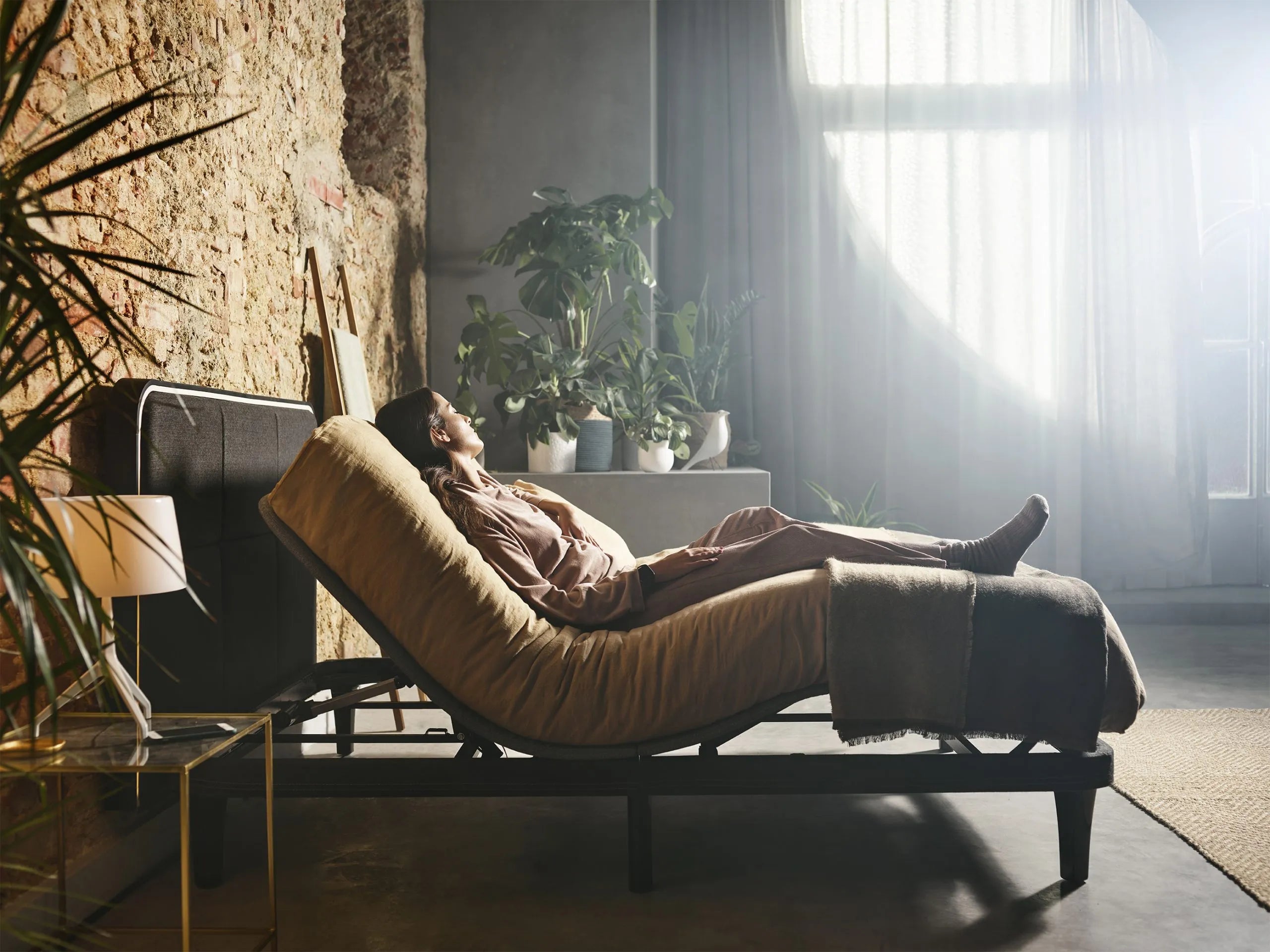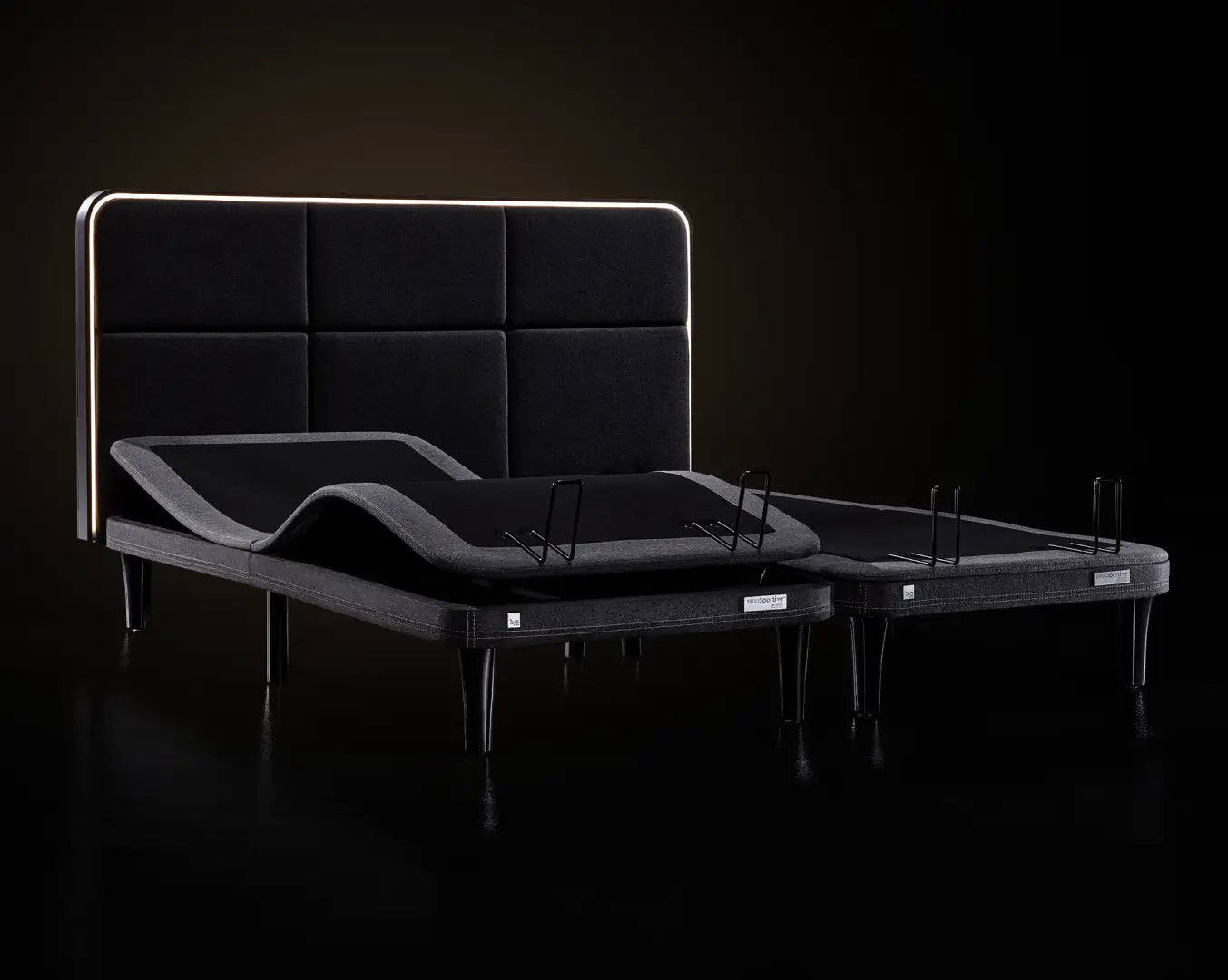September ist der Monat der Selbstfürsorge, eine Zeit, in der wir uns auf unsere körperliche und geistige Gesundheit konzentrieren. Während wir den Kalender auf eine neue Seite blättern, nehmen wir uns etwas Zeit, darüber nachzudenken, wie wir unserem Wohlbefinden Priorität einräumen können.
Der Sommer ist fast vorbei und das bedeutet, dass es Zeit ist, wieder in Schwung zu kommen. Für viele von uns bedeutet das, nach einer kompletten Entspannungssaison wieder zur gewohnten Routine zurückzukehren. Lesen Sie weiter, um zu erfahren, wie Sie Ihren Schlafplan anpassen und die Produktivität steigern können, damit Sie sich tagsüber ausgeruhter, wacher und produktiver fühlen.
Was passiert im Urlaub mit der inneren Uhr?
Ihre innere Uhr ist Ihr inneres System, das Ihren Schlaf-Wach-Rhythmus reguliert. Sie wird von verschiedenen äußeren Faktoren beeinflusst, wie z. B. Lichteinwirkung, Essenszeiten und Zeitzonenänderungen.
Für manche Menschen kann der Urlaub etwas stressig sein, insbesondere wenn sie ins Ausland reisen oder viele Aktivitäten geplant haben. Wie Sie bereits wissen, kann Stress den Schlaf stören, die Herzfrequenz erhöhen und das Immunsystem schwächen. Darüber hinaus können langes Aufbleiben und drastische Änderungen unserer Essgewohnheiten im Sommer auch die Qualität Ihrer Erholung beeinträchtigen.
Anzeichen eines gestörten Schlafrhythmus
Indem wir die folgenden Anzeichen erkennen, können wir proaktive Maßnahmen ergreifen, um unseren Schlafplan zu verbessern:
-
Schwierigkeiten beim Einschlafen
Längeres Wachliegen vor dem endgültigen Einschlafen führt zu einer verkürzten Schlafdauer und einem erhöhten Schlafentzug. Jüngste Studien haben gezeigt, dass Schlafmangel oder Schlaflosigkeit dazu führen können, dass der Körper tagsüber mehr Cortisol ausschüttet, was möglicherweise zu einem wacheren Zustand führt.
-
Müdigkeit und Stimmungsschwankungen
Sich tagsüber extrem müde zu fühlen, unabhängig von der Anzahl der geschlafenen Stunden in der Nacht zuvor, kann ein Zeichen für eine gestörte innere Uhr sein.
-
Gewichtszunahme
Wenn Sie Schlafprobleme haben, produziert Ihr Körper mehr Hormon Ghrelin, was zu Hungergefühlen und übermäßigem Essen und Gewichtszunahme führen kann.
Wie man es repariert
Falls Sie Schwierigkeiten haben, Ihre innere Uhr nach den Feiertagen neu einzustellen, helfen Ihnen diese Tipps dabei, wieder auf den richtigen Weg zu kommen, und fördern die gesündeste Art und Weise, sich neu einzustellen.
-
Kehren Sie langsam zu Ihrem normalen Schlafrhythmus zurück
Versuchen Sie nicht, über Nacht zwei Stunden früher zu Bett zu gehen. Es wird Ihnen nur das Einschlafen erschweren.
-
Achtsamkeit zur Stressbewältigung
Üben Sie Techniken zur Stressreduzierung, wie etwa tiefes Atmen und Yoga .
-
Reduzieren Sie die Blaulichtbelastung
Tauschen Sie Ihr Telefon gegen ein Buch und vermeiden Sie die Nutzung elektronischer Geräte in der Stunde vor dem Schlafengehen. Erwägen Sie, abends den Nachtmodus zu verwenden, um die Auswirkungen der Einwirkung von blauem Licht so weit wie möglich zu reduzieren.
-
Schaffen Sie ideale Schlafbedingungen in Ihrem Schlafzimmer
Stellen Sie sicher, dass Ihr Schlafzimmer dunkel, ruhig und kühl ist. Verwenden Sie Verdunklungsvorhänge oder Jalousien, um störendes Licht auszublenden und Ablenkungen durch Lärm zu minimieren.
Wenn diese förderlichen Elemente vorhanden sind, werden Sie von den positiven Auswirkungen auf Ihre Schlafqualität und Ihr allgemeines Wohlbefinden überrascht sein. Aber warum hier aufhören?
Vergessen wir nicht, dass die Grundlage für einen guten Schlaf das perfekte Trio ist: ein hochwertiges Bett, eine stützende Matratze und ein Memory-Schaum-Kissen. Für sich genommen sind diese Elemente wichtig, aber zusammen bilden sie eine Oase der Behaglichkeit und des Friedens, die ihresgleichen sucht.
Wenn Sie nach der besten Möglichkeit suchen, Ihre Genesung zu verbessern und Ihren Lebensstil aufzuwerten, investieren Sie in die perfekten Schlafutensilien – ErgoSportive™-Bett , ErgoMattress™ und ErgoPillow™ .
Hier beginnt Ihr Weg zu einem ausgeruhten und revitalisierten Körper.




